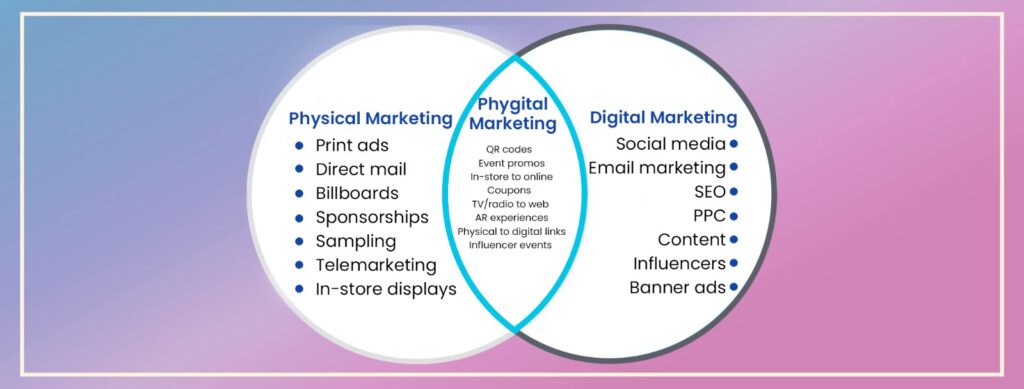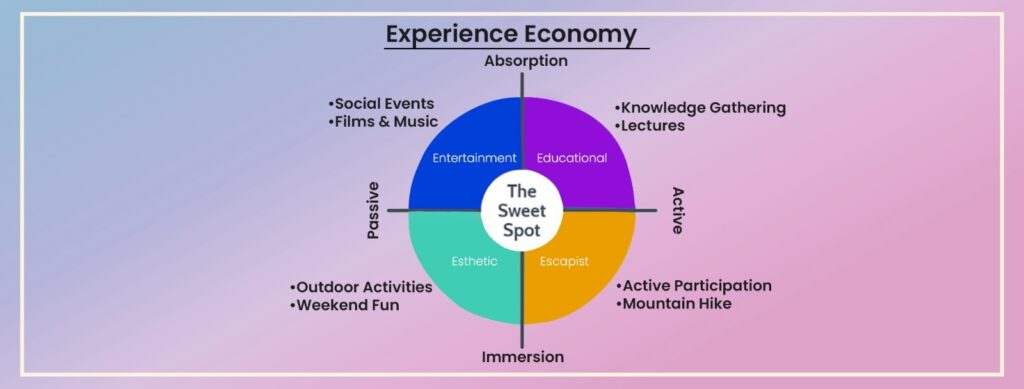The line between physical and digital interactions is becoming increasingly blurred in the current marketing landscape. With consumers expecting seamless transitions between online and offline experiences, businesses must innovate to meet these evolving demands. Phygital marketing, a strategic fusion of physical and digital marketing tactics, aims to leverage the strengths of both realms, creating a unified and immersive customer journey that enhances engagement, satisfaction, and loyalty.
Phygital marketing represents a fundamental shift in how brands approach their marketing strategies. By integrating digital technology into physical spaces and vice versa, companies can offer personalized, interactive, and consistent experiences across all touchpoints.

What is Phygital Marketing?
Phygital marketing combines the tangible benefits of physical interactions with the convenience and reach of digital platforms. By doing so, businesses can provide a more integrated and personalized experience to their customers.
- Phygital marketing strategies merge physical and digital experiences.
- It aims to enhance customer engagement by leveraging the strengths of both realms.
- The goal is to create a seamless journey for customers, whether they are interacting online or offline.
The core principles of phygital marketing are:
- Integration: Harmonizing digital and physical channels to provide a unified brand experience.
- Interactivity: Encouraging active participation from customers through engaging touchpoints.
- Personalization: Using data from both physical and digital interactions to tailor experiences.
Phygital Marketing Components
Several elements are crucial for successfully implementing phygital marketing strategies. These components work together to create a holistic experience for the customer.
Technology Integration
QR Codes: Bridging offline materials with online content, enhancing information accessibility.
Augmented Reality (AR): Creating interactive and immersive experiences that blend the physical and digital worlds.
Beacon Technology: Using Bluetooth to send personalized offers and messages to customers’ smartphones in physical stores.
Customer Experience

- Omnichannel Presence: Ensuring consistent brand messaging across all platforms, both online and offline.
- Interactive Displays: Engaging customers in physical stores with touch screens and digital kiosks.
- In-Store Digitalization: Integrating online elements into physical stores, such as digital payment systems and virtual fitting rooms.
Data Utilization
- Analytics: Collecting and analyzing data from both online and offline interactions to understand customer behavior.
- Customer Feedback: Using surveys and reviews from both digital platforms and physical touchpoints to improve services.
- Personalization Engines: Utilizing data to provide tailored recommendations and offers.
Phygital Marketing Examples
Many businesses are already successfully implementing phygital marketing strategies to enhance customer engagement and drive sales. Here are some examples of the phygital experience.
Retail Industry
- Click-and-Collect Services: Allowing customers to order online and pick up in-store, combining convenience with personal interaction.
- Interactive Storefronts: Using digital displays to attract passersby and provide real-time information.
- Personalized In-Store Experiences: Using customer data to offer personalized shopping experiences, such as product recommendations and tailored promotions.
Events and Promotions
- Hybrid Events: A Combination of in-person as well as virtual elements to reach a broader audience.
- Digital Coupons and Offers: Distributing promotions through mobile apps that can be redeemed in physical stores.
- Virtual Reality Showrooms: Providing immersive experiences that allow customers to explore products virtually before purchasing.
Hospitality and Tourism
- Smart Check-Ins: Using digital kiosks and mobile apps to streamline the check-in process in hotels and airports.
- Virtual Tours: Offering virtual reality tours of destinations to entice potential travelers.
- Personalized Experiences: Leveraging data to provide customized travel itineraries and recommendations.
Phygital marketing is revolutionizing the way businesses engage with customers by seamlessly blending the physical and digital realms. As the boundaries between online and offline worlds continue to dissolve, embracing phygital marketing strategies becomes crucial for businesses aiming to stay competitive and relevant in today’s market.
Experience state-of-the-art 360-degree digital marketing services with Ranjhiya Digital – an award-winning company dedicated to delivering tailored solutions that meet your unique needs. With our comprehensive suite of services, you can increase your online reach, drive your business growth, and secure high-quality leads. Contact us today for a consultation and discover how we can help you navigate the phygital realm.








